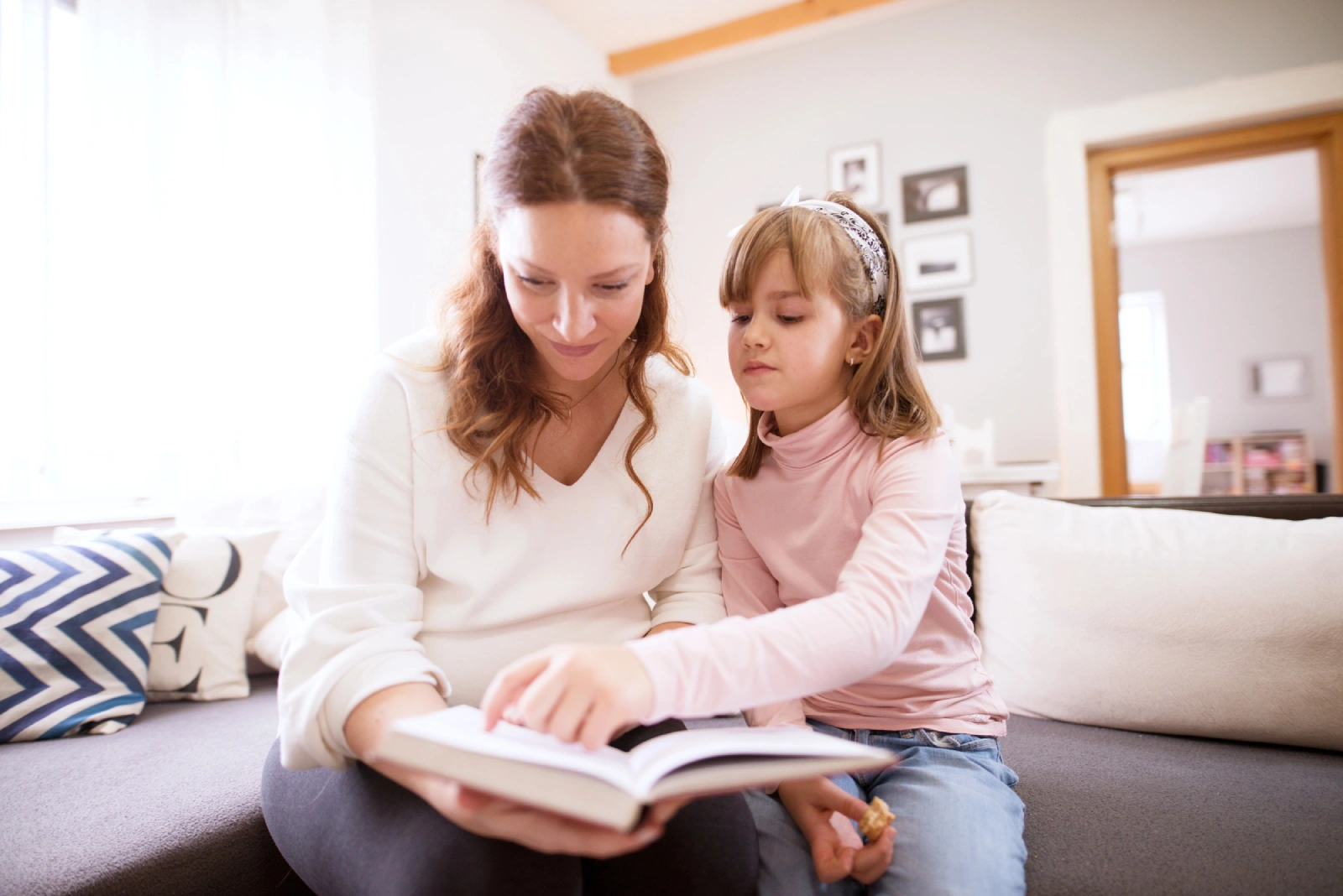1. The Core Contact Information (The absolute essentials)
Even though your babysitter likely has your number, it’s crucial to have this information clearly written down.
- Your Contact Information: Your mobile numbers (and your partner’s), plus the best way to reach you.
- Emergency Contacts: The numbers for your children’s doctor, a trusted neighbour or family member, and a direct line to emergency services.
- Your Address: The full address, including any unit numbers, to provide to emergency services in case of a critical situation.
2. The Daily Routines (Your Children’s Personal Manual)
Every child has their own rhythm. Outlining the daily schedule helps your babysitter maintain consistency, which is vital for a child’s comfort and security.
- Bedtime Rituals: What time is bedtime? What’s the routine? A warm bath? A specific number of books? A lullaby? Details like “they sleep with the yellow blanket and a teddy bear” are incredibly helpful.
- Screen Time Rules: Are tablets or TV allowed? If so, for how long and what shows? This prevents any negotiation or conflict with the kids.
- Meal and Snack Times: What time is dinner? What’s on the menu? What snacks are allowed? Specify where everything is located and any food allergies or aversions.
- Toilet Training/Diaper Changing: For younger children, include notes on when to change diapers, what to do if they have an accident, or how often to prompt a toilet-trained child.
3. Child-Specific Information (Because Every Child is Unique)
This is where the magic happens. Providing these details helps the babysitter connect with your child on a deeper level and handle any challenges with confidence.
- Comforts and Triggers: Does your child have a favourite toy or blanket they need to sleep? What helps them calm down if they are upset? Is there a particular game they love to play?
- Known Allergies or Medical Conditions: This is non-negotiable. Clearly list all allergies, medications, and the location of any epi-pens or inhalers.
- Communication Style: Are they shy? Are they a chatterbox? A note on how to best communicate with your child can make the transition much smoother.
4. The House Rules (The “How-To” for Your Home)
A prepared babysitter knows not only what to do with the kids, but also how to operate in your home.
- Emergency Plan: Where is the first-aid kit? What is the fire escape route? Where are the fire extinguishers? This is crucial for any “what if” scenario.
- Wi-Fi Password: So they can stay in touch if needed or stream music for the kids.
- General Instructions: Notes on where to find plates, cups, towels, or anything they might need. Also, any important information about pets.
5. How to Leave the Instructions
Instead of a last-minute scramble, prepare a dedicated babysitting binder or a single, well-organized document. Keep it in a visible and accessible location, such as on the kitchen counter or inside a cupboard. Having it prepped ahead of time allows for a quick handover, so you can leave on time without any stress.
Conclusion
A well-prepared babysitter is a confident babysitter. By taking a few extra minutes to create a detailed set of instructions, you’re not just ensuring your children’s safety and well-being; you’re also building a professional relationship based on trust and respect. This level of preparation is the foundation of a great babysitting experience, giving you the peace of mind to enjoy your time away, knowing that your little ones are in the best of hands.
Engage a Trusted Babysitter Today
Discover the peace of mind that comes with professional care. Enquire about our trusted babysitting services today and let us help you find the perfect sitter for your family.
Have an upcoming event or need regular nanny support? Learn more about our flexible childcare solutions tailored to your unique needs.
Book a sitter today, and let us help you take the worry out of finding the perfect babysitter for your family.



